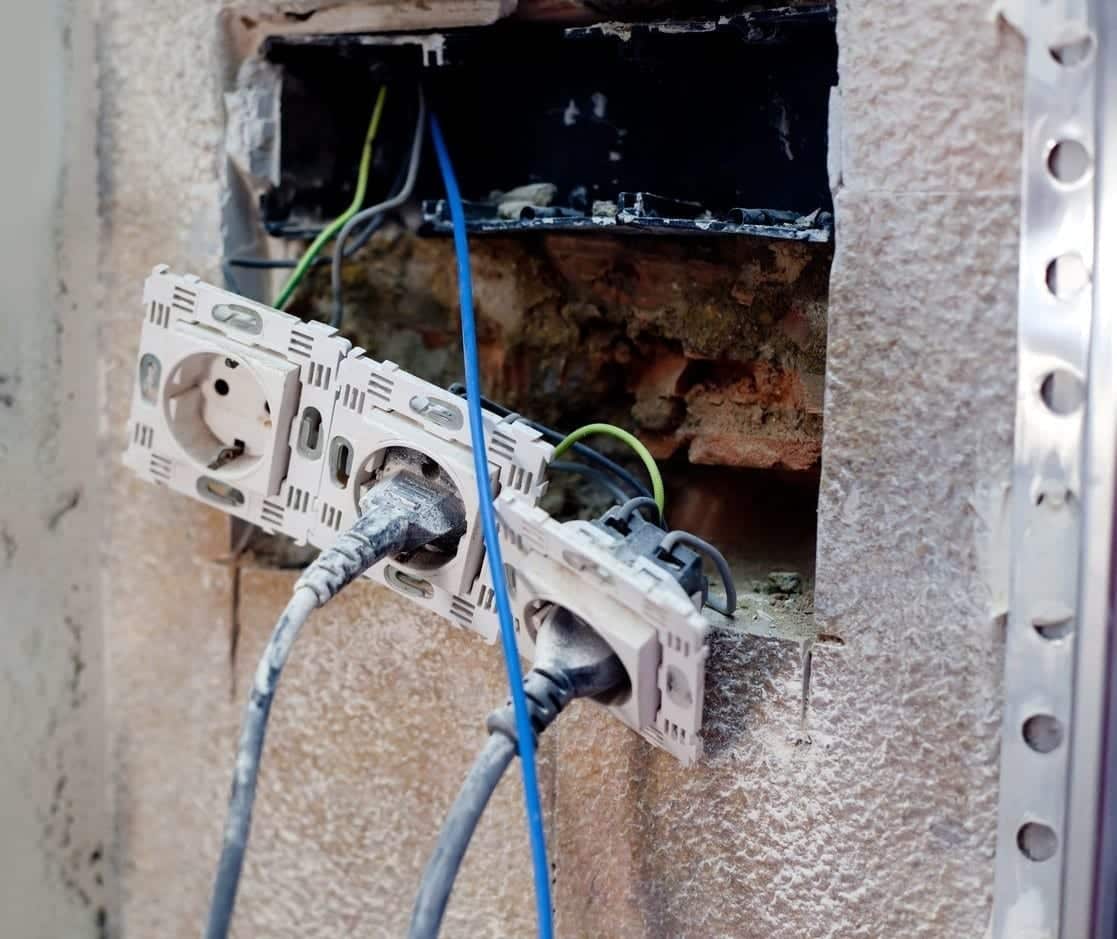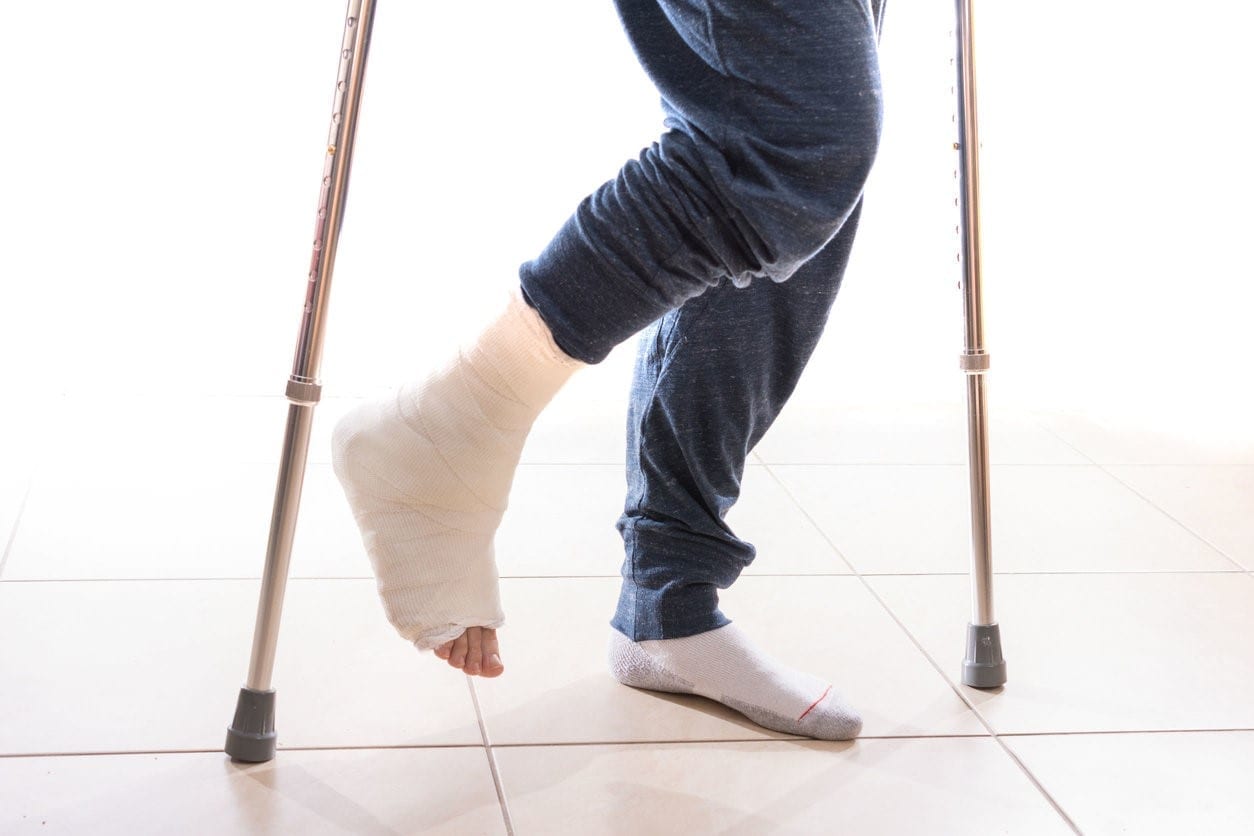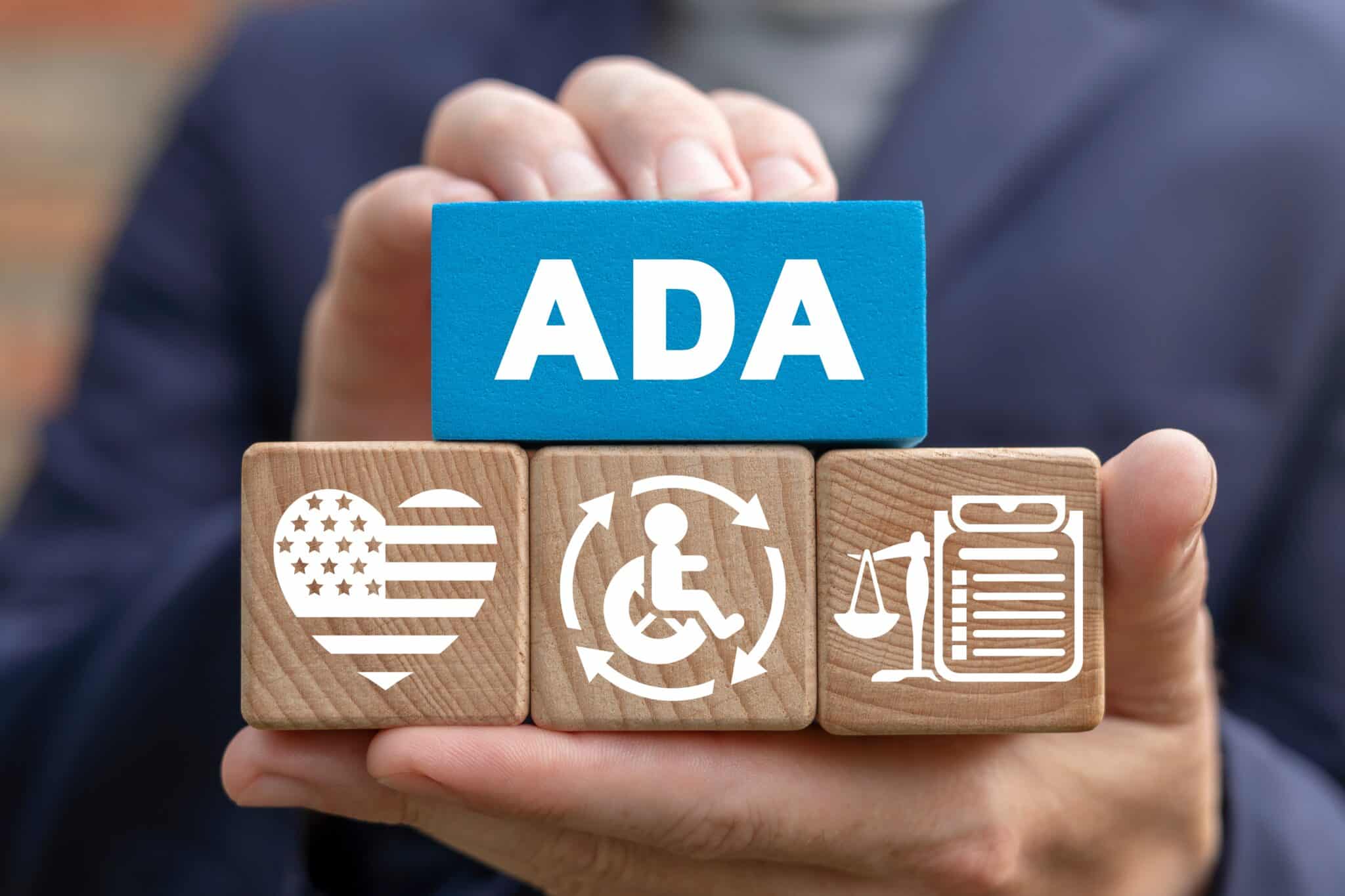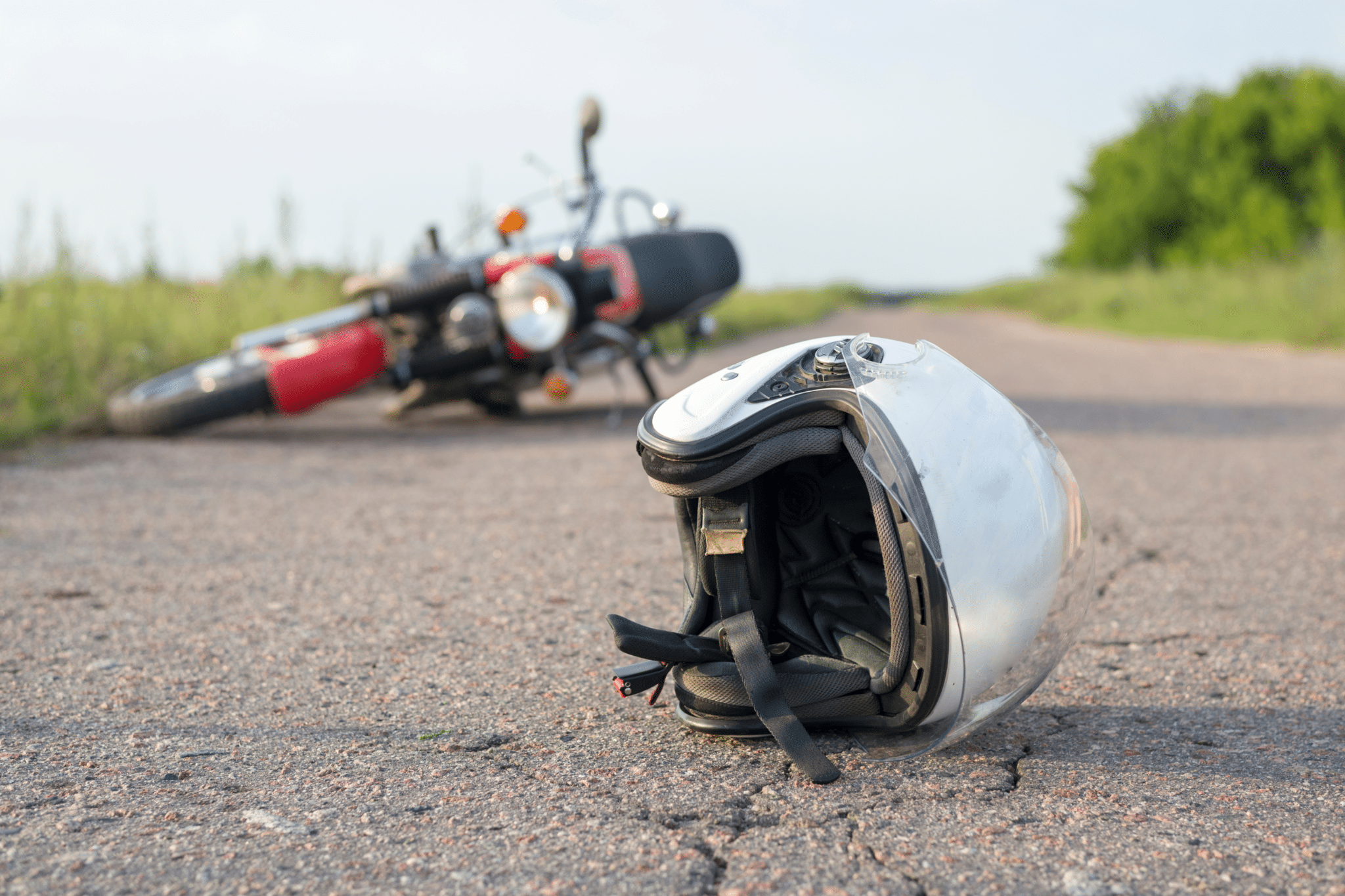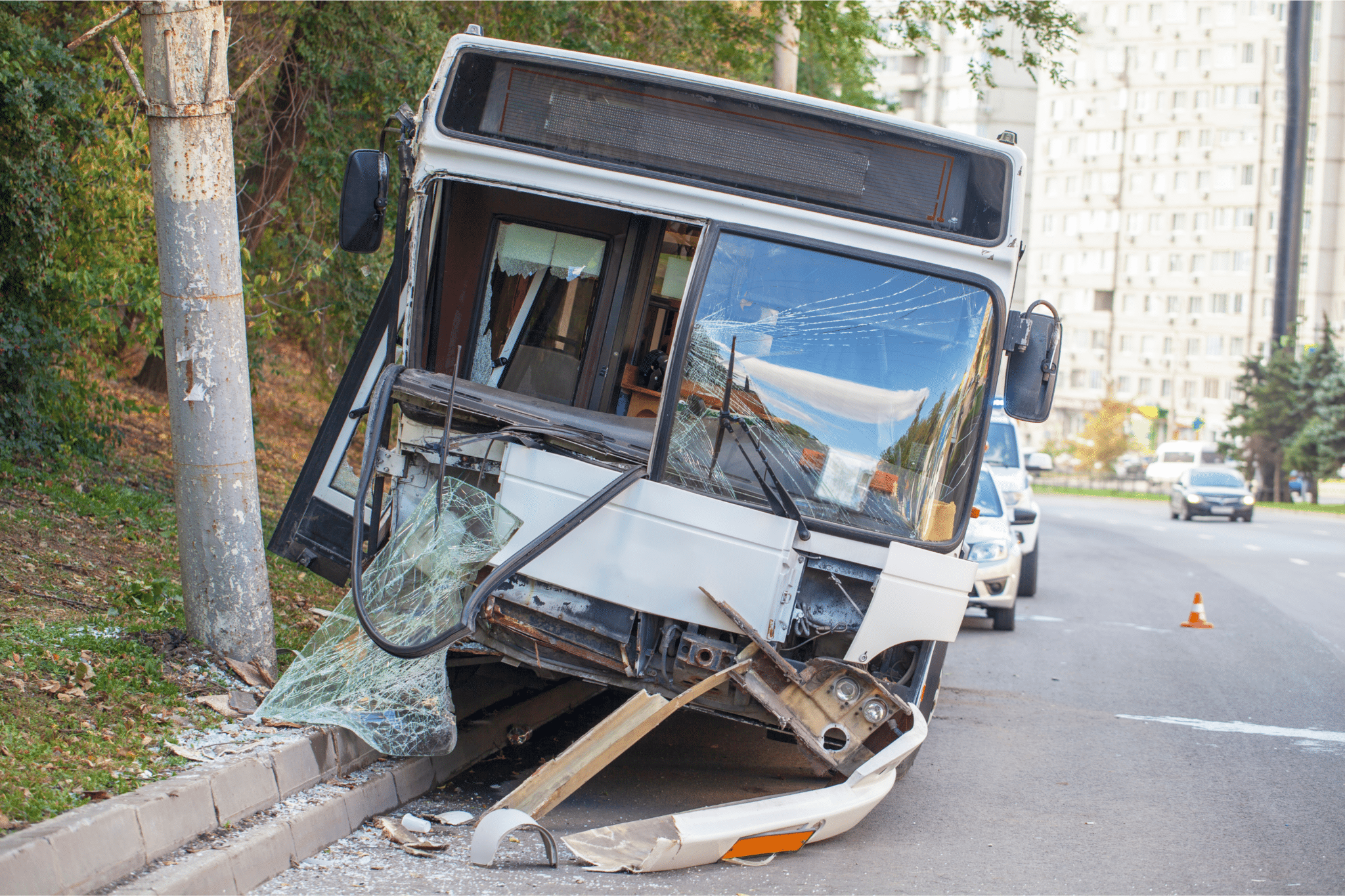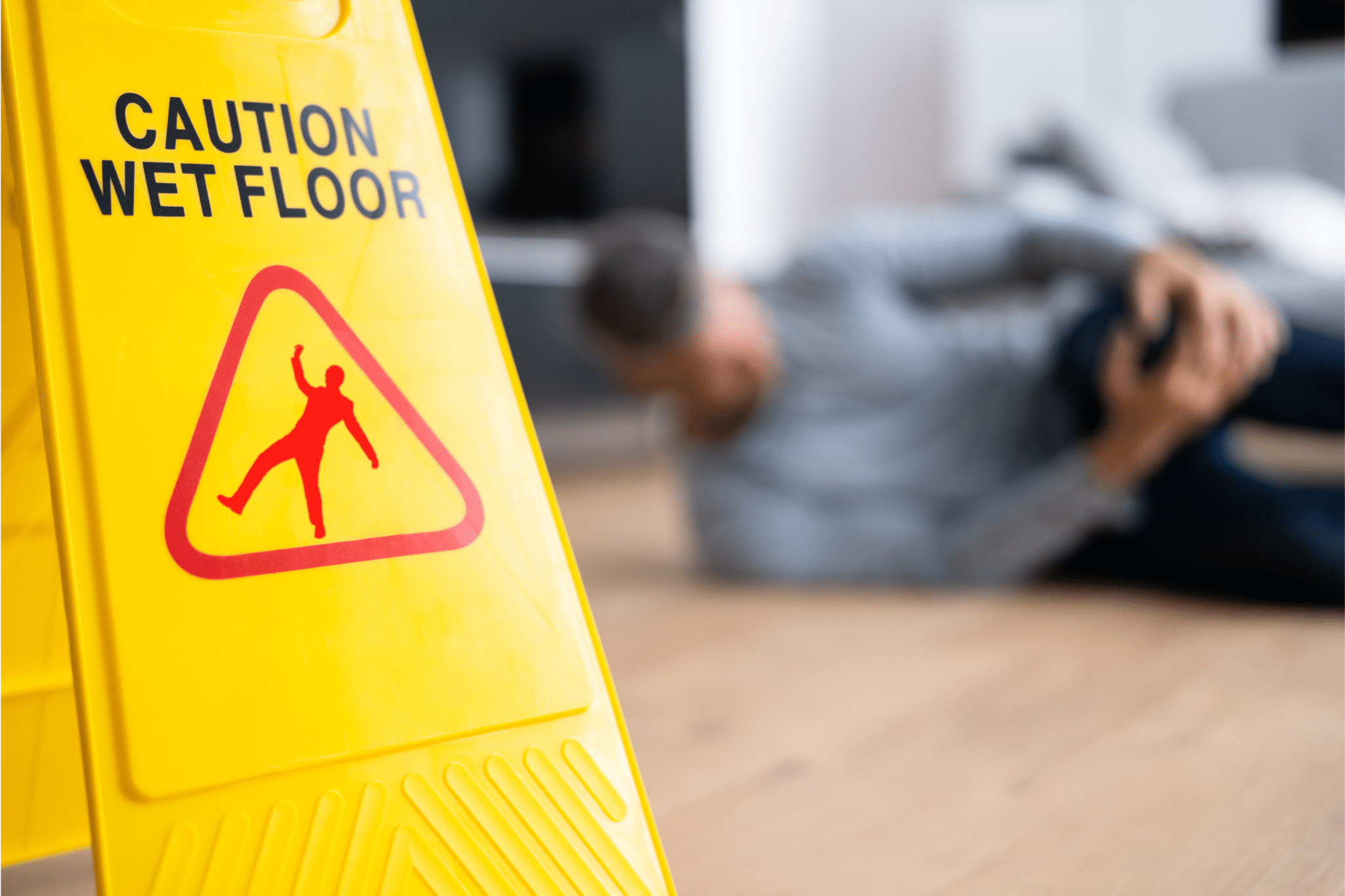Premise Liability: Your Rights When You’re on Another’s Property
When we enter someone else’s property, getting hurt is typically the furthest thing from our minds. After all, property owners are required by law to maintain their property to keep guests, invitees, licensees clients, tenants, and others safe and out of harm’s way.
It doesn’t matter one bit if the property in question is someone’s home, the grocery store, a neighborhood pool, or the local park. If we are hurt in what should be a safe space because the area was not well-maintained and no notifications are present to warn us of the danger, those who own the property can be held liable.
Not all the time, though. Below are some of the basics of premise liability law: the rights you have on another person’s property, the unsafe conditions that could lead to a lawsuit, and how you can prove that your accident really is due to someone else’s negligence.
The Right to Safety
As mentioned above, when you enter another person’s property or business establishment as a guest, licensee or invitee, the property owner may be responsible for making sure the property is free of any dangerous conditions. The premises under most circumstances, must be up to the appropriate safety codes, and no other hazards should be present.
If dangerous conditions are present and known to the business establishment (for example, a foreign substance that a guest could slip and fall on), the establishment has the responsibility to remove the danger and keep the property a safe space. Otherwise, if someone slips and falls on the foreign substance, they may have a slip and fall lawsuit on their hands.
A similar rule applies to landlords. If a landlord fails to provide safe, habitable spaces for tenants that are up to housing and safety codes, the tenant has a variety of legal options. If the tenant is injured by something in the property that is not up to standards, they may have the right to pursue a claim against the property owner.
This does not mean that guests and invitees have no responsibilities themselves. When an individual legally enters a property, they have to conduct themselves in a safe manner. If, for example, a guest slips and falls on a foreign substance while they are acting recklessly or under the influence of alcohol, they can still file a lawsuit against the property owner, but may have a harder time receiving the full amount of compensation that they ask for.
What Are Considered “Unsafe Conditions”?
Above, we gave the example of a foreign substance as a dangerous condition. This term can be applied to oil, water, food, and other things that are out of place on someone’s property. This could be an unsafe condition because a guest could slip and fall.
Other unsafe conditions include but are not limited to:
- Broken or defective staircases
- Exposed electrical wires
- Swimming pools that do not meet Florida’s standards (proper barriers, permits, etc.)
- Broken floors or sidewalks
- Animal attacks from pets on the premises
The possibilities are seemingly endless. If you are not sure whether your injury qualifies for a claim or lawsuit, talk to a lawyer.
Receiving Damages through a Premise Liability Claim
Before you file a personal injury lawsuit, you may be able to file a claim through your health insurance. If your insurance does not fully cover the damages or financial losses from your injury, you may have to bring a claim or file a lawsuit and ask the property manager, business establishment, or other entity for the damages. The amount of damages will vary based on the type of injury you suffered and the affect it had on your health, ability to work, ability to drive, and so on.
Even with the documentation of these financial losses, you still have to prove that the defendant is to blame for your accident. As soon as you can, begin collecting evidence that can help prove the following:
- The owner of the property owed you duty of reasonable care
- Your injury was caused by a hazardous or unsafe condition on the property
- The owner of the property was aware of the unsafe condition, but neglected to act on it
- Your injury was a direct cause of the damages you are asking for
Every premise liability case is unique. You may require a deeper understanding of Florida law and standards for property owners in order to prove your case. You may also need to build a strong defense for your actions in case the defendant tries to put the blame for your injures on you. Talk to a Florida premise liability lawyer for proper premise liability strategies, how to collect evidence, and how to ensure you receive compensation for your injuries.
About the Author:
Andrew Winston is a partner at the personal injury law firm of Winston Law. For over 20 years, he has successfully represented countless people in all kinds of personal injury cases, with a particular focus on child injury, legal malpractice, and premises liability. He has been recognized for excellence in the representation of injured clients by admission to the Million Dollar Advocates Forum, is AV Preeminent Rated by the Martindale-Hubbell Law Directory, enjoys a 10.0 rating by AVVO as a Top Personal Injury Attorney, has been selected as a Florida “SuperLawyer” from 2011-2017 – an honor reserved for the top 5% of lawyers in the state – and was voted as one of the Top 100 Lawyers in Florida and to Florida Trend’s “Legal Elite.”
 5 Common Types of Legal Malpractice
5 Common Types of Legal Malpractice 